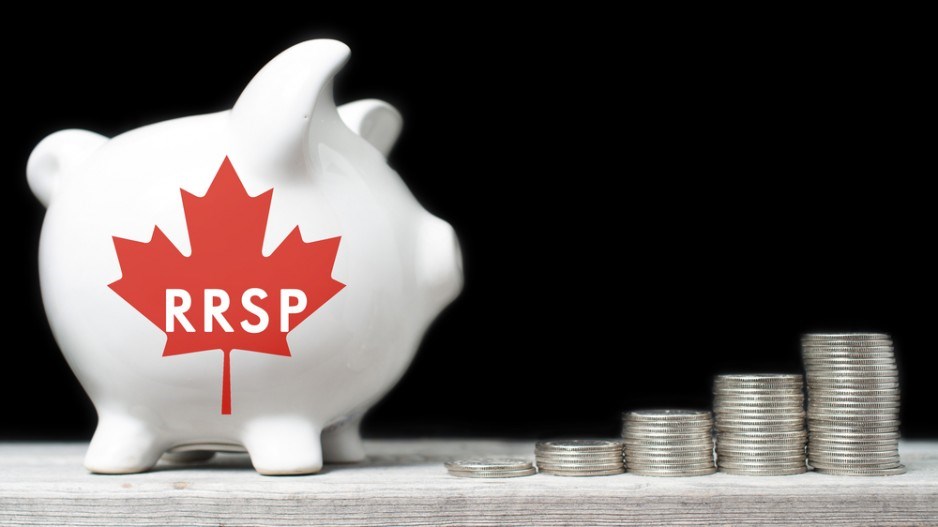As real estate becomes more difficult to afford, many first-time homebuyers are turning to their retirement savings as a source of funds to use for a downpayment.
More than four in 10 British Columbians—44%—have taken an early withdrawal from their registered retirement savings plans (RRSPs), and 38% of those withdrawals have been used to buy a home, according to the results of a BMO poll released February 7. The average amount withdrawn is $21,538.
This is 25% higher than the national average of $17,213. Across Canada, 38% of respondents say they have made early withdrawals from their RRSPs, and 30% of those withdrawals were used to buy a home.
Home purchases were not the only reason Canadians were taking money out of their RRSPs; the poll found 21% were using these savings to pay day-to-day living expenses, 18% were paying down debt and 18% were using the funds for emergencies.
“It’s concerning to see that so many Canadians are dipping into their RRSPs to meet short-term needs, which should only be considered as a last resort,” said BMO Wealth Management director of wealth planning publications Chris Buttigieg.
Taking money out of RRSPs prematurely is not without consequence, and 75% of those who did so report being concerned about this. Most respondents—73%—say they are aware of the tax penalties for early withdrawal and rules for repayment under such schemes as the federal government’s home buyers’ plan, which allows individuals to withdraw $25,000 from their RRSPs, tax-free, to use to buy a first home, with the amounts repayable over the next 15 years. However 19% of those polled say they will probably never be able to pay the amounts back, which means they will need to pay tax on the amounts taken out.
There are alternatives to using RRSPs as savings vehicles, said Buttigieg, such as investing in a Tax-Free Savings Account (TFSA).
“Investing in a TFSA or putting funds in a high interest savings account to keep funds liquid and accessible is a good alternative to dipping into your RRSPs prematurely for non-retirement expenses,” he said.
“These short-term savings could be viewed as an emergency fund that will allow you to withdraw money for unexpected future needs without having to incur unnecessary taxes or jeopardize your retirement savings.”
@EmmaHampelBIV




